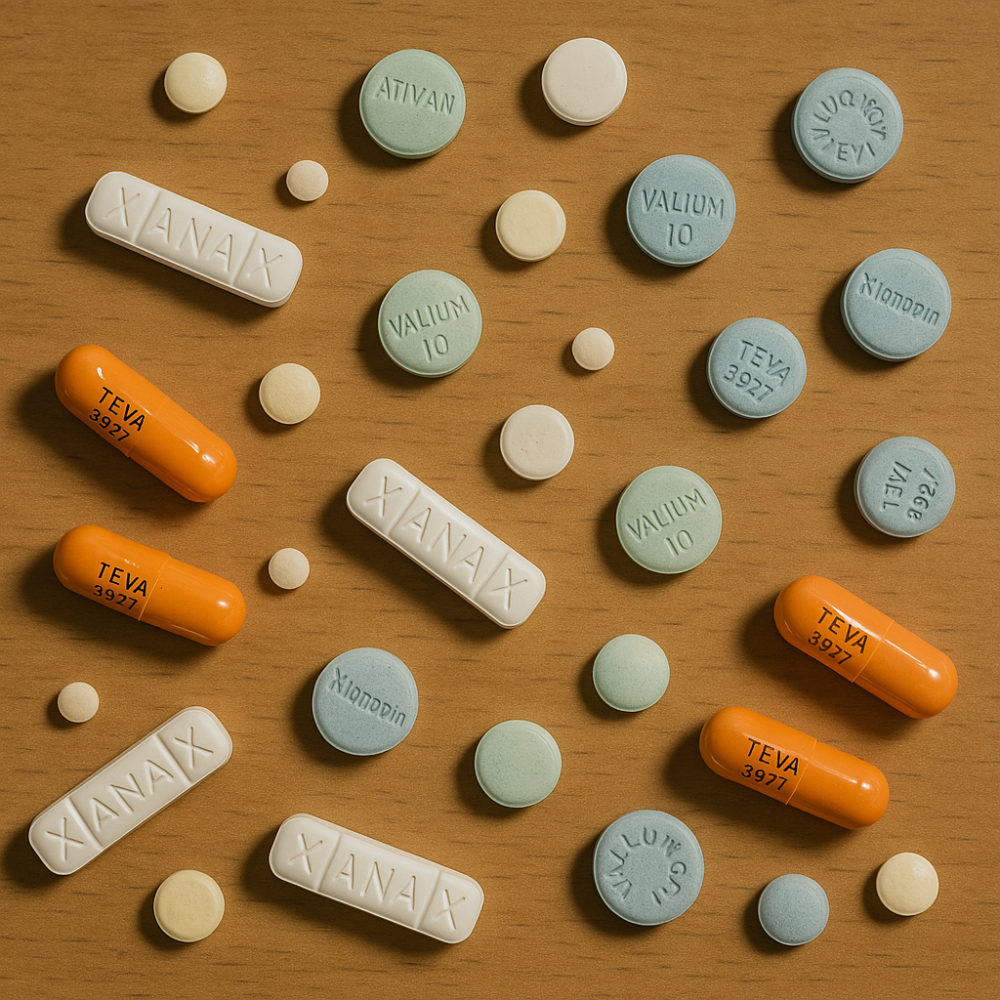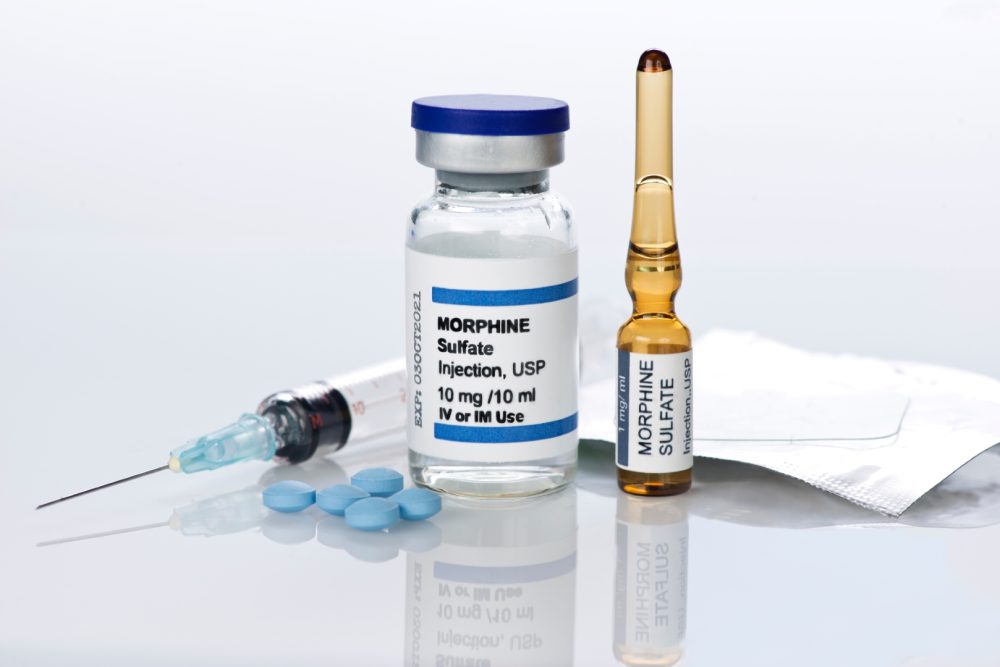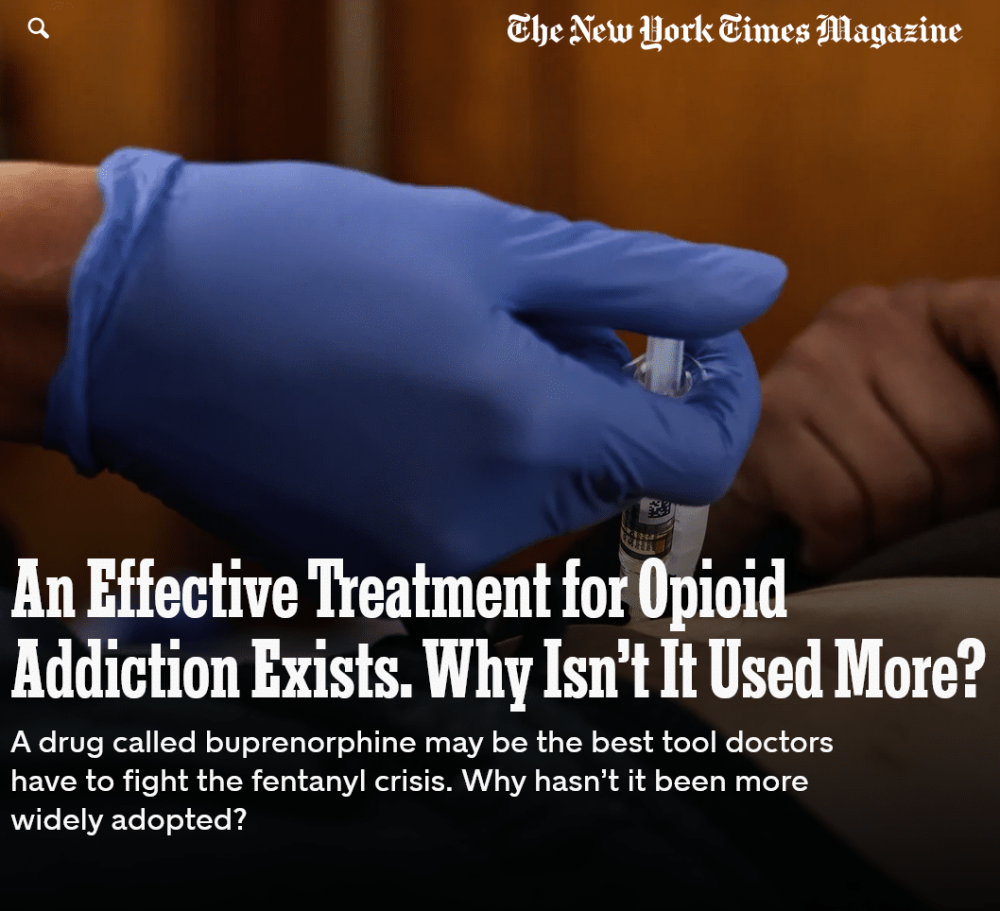Black tar refers to the name for a specific type of heroin, which is a highly addictive opiate drug used illicitly, for its euphoric effects. The use of heroin also presents a serious risk of overdose and potentially death.
What Does Heroin Look Like?
According to the National Institute on Drug Abuse (NIDA), black tar heroin is a dark sticky substance that looks like roofing tar or hard like coal. It is dark due to the way it is processed. Black tar is made predominantly in Mexico and Latin America sold in the western and southern parts of the United States.
How is Heroin Used?
Heroin is used in a number of ways, including inhaling, injecting, and smoking. However, black tar heroin is mostly smoked or injected.
Effects of Heroin
Heroin enters the brain rapidly, binding to opioid receptors in the brain that are associated with pleasure, pain, and the control of heart rate, sleep, and breathing.
In addition to the euphoric effects of heroin, there are also side effects of heroin use, including:
- Depression
- Dry mouth
- Heavy feelings in the arms and legs
- Nodding off
- Clouded functioning
- Nausea and vomiting
- Itching
- Warm flushing of the skin
- Behavioral changes, signs of use (such as bags of powder and finding syringes)
- Small pupils
- Slurred speech
- Tolerance to the drug
Health Risks of Heroin
There are some serious — and potentially fatal — health risks associated with heroin use, including:
- Insomnia
- Collapsed veins in those who inject heroin
- Venous sclerosis (hardening of the veins)
- Infection within the heart
- Abscesses and other bacterial infections like necrotizing fasciitis, gangrene, wound botulism
- Constipation and digestive problems
- Irregular menstrual cycles for women
- Liver and kidney disease
- Lung complications
- Mental disorders, including depression
- Sexual dysfunction
- The risk of contracting infectious diseases when needle sharing, such as HIV and hepatitis
- Substance use disorder
- Withdrawal symptoms when ceasing use
In addition to these side effects and health risks, black tar is associated with additional risks given its sticky texture.
Additionally, heroin carries the risk of overdose. If you think someone is experiencing a heroin overdose call 911 immediately. Better still, try to administer a dose of naloxone.
Information About Black Tar Heroin Treatment & Detox
For more information about heroin addiction, read our recent blog Heroin Detox and Withdrawal.
At Gallus Medical Detox Centers, we bring compassion to the commotion. Peace to the pain. Empowerment to the powerless. If you or someone you know needs support with addiction problems, bring us your battle. Call us today and take the best, first step towards recovery: 720-704-1432


 Casey Wilson
Casey Wilson 

 Steve B
Steve B